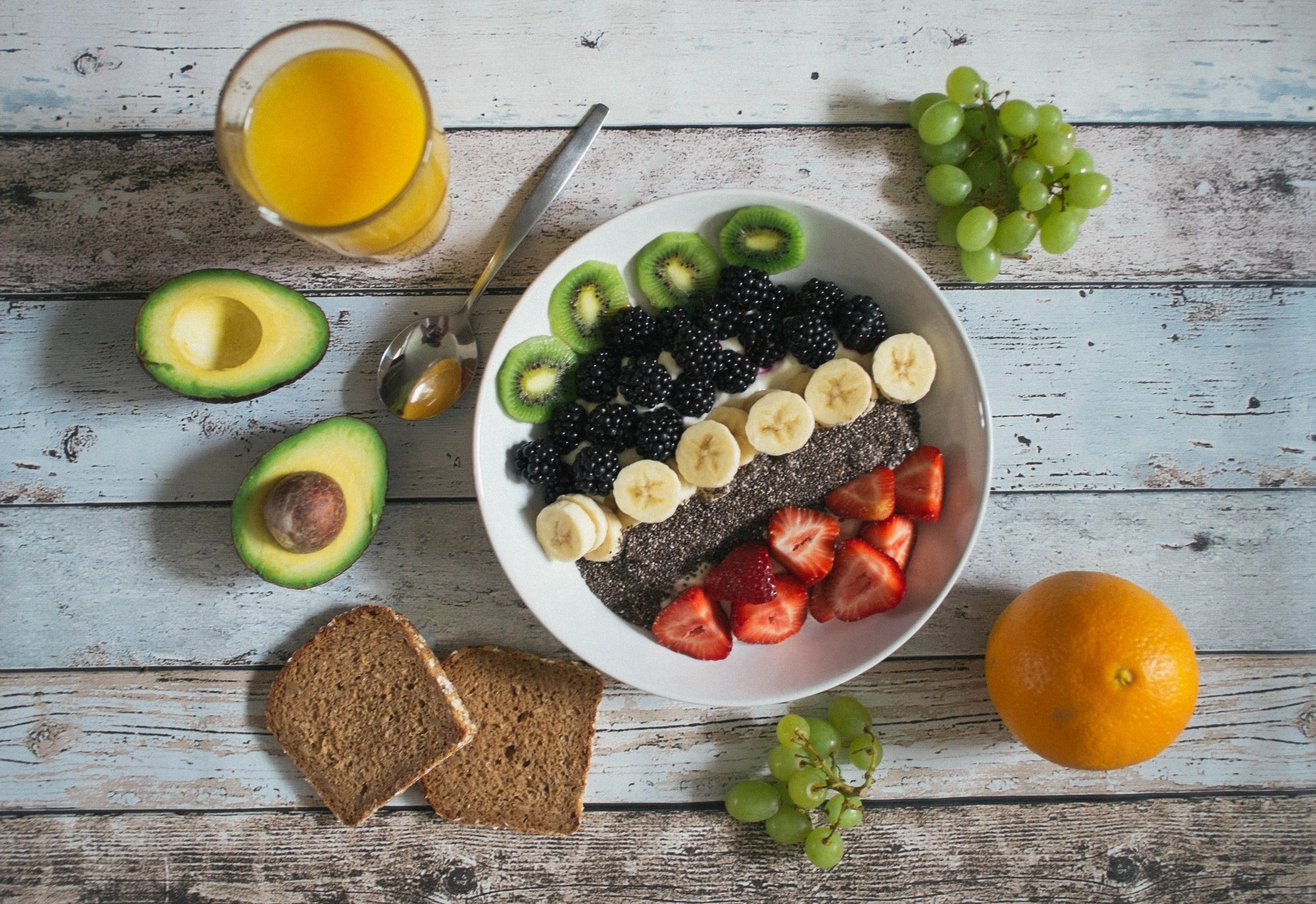Vegan Protein vs Animal Protein
Getting enough protein is essential for your everyday health and well-being. Protein is essential for critical processes such as cell structure, growth, cellular processes, and immune function, among others.
Therefore, getting the right amount of protein in your diet each day is highly important. The good news is that you can get your protein intake from either vegan or animal protein.
Some people claim that there is no difference between whether you get your protein from animals or plants, whereas others state that one is better than the other.
Here we will discuss the pros and cons of each type of protein and which one you should include in your diet.
Frequently Asked Questions
Is animal protein better than vegan protein?
Research has proven plant protein is more challenging to digest than animal protein, meaning your body absorbs less of what it requires from plant protein, although the difference is minimal.
Is plant protein the same as animal protein?
The difference between animal proteins and plant proteins tends to be whether they are complete or incomplete. Animal proteins are complete proteins and therefore contain all the amino acids essential for your diet, and plant proteins are often insufficient sources of protein. There are pros and cons to both incomplete and complete protein.
Can you build muscle with plant protein?
An exclusively plant-based diet that includes high protein will support mass gains and muscle strength as a reaction to resistance training, in the same way, that an animal protein-based diet would.
The Amino Acid Content Can Differ.
Proteins consist of many amino acids. The human body utilizes around 20 to build proteins, and while your body can create some itself, you need to get the remaining nine amino acids from your diet.
Protein sources differ significantly regarding what type of amino acids they contain.
Animal proteins are well known for providing complete proteins, which means they have all nine amino acids within them.
Some plant proteins, such as peanuts, wheat, and beans, lack at least one of these amino acids and are known as incomplete proteins.
However, some proteins such as soybeans and pea proteins are complete and often used in protein shakes.
Animal Protein
The Pros
As I have touched on, animal protein provides complete protein, so you don't need to worry about getting the remaining amino acids from other foods.
It is easy to source animal protein in local supermarkets, online, or as part of protein powders or protein bars.
The Cons
While animal protein is undoubtedly more accessible than complete plant-based proteins, there are some unhealthy side effects if you overeat the same animal proteins.
For example, if you get most of your animal protein from red meat, you become more susceptible to higher blood pressure and other health issues.
Vegan Protein
The Pros
Plant-based protein diets have been proved to help reduce blood pressure compared to diets full of animal protein.
Studies have also suggested eating a vegetarian diet also helps lower body weight, reduce cholesterol, and lower the chance of heart disease, cancer, or getting a stroke compared to those who eat meat.
Plant protein can also improve blood sugar management and help treat and prevent type 2 diabetes.
The Cons
The one potential downside to plant-based proteins is that the proteins might be incomplete. However, this is not the case for specific plant proteins, such as peas, which often tend to be one of the main ingredients of vegetarian and vegan protein shakes.
Vegan Protein vs Animal Protein: Summary and Key Takeaways
The source of protein you choose depends on your particular needs and what you deem as reasonable side effects.
For example, if you search for easy ways to get complete protein into your system and are not too concerned by the potential health side effects of overeating red meat, then an animal-based protein diet could be your right choice.
Alternatively, if you are willing to change your diet to ensure you get all of your essential amino acids and you want to lower your blood pressure, among other things, then a vegan-based protein diet could be a better option.
Ultimately, it is essential to maintain a healthy and balanced diet, and whichever option you choose, be sure to consume foods in moderation for the best results.


